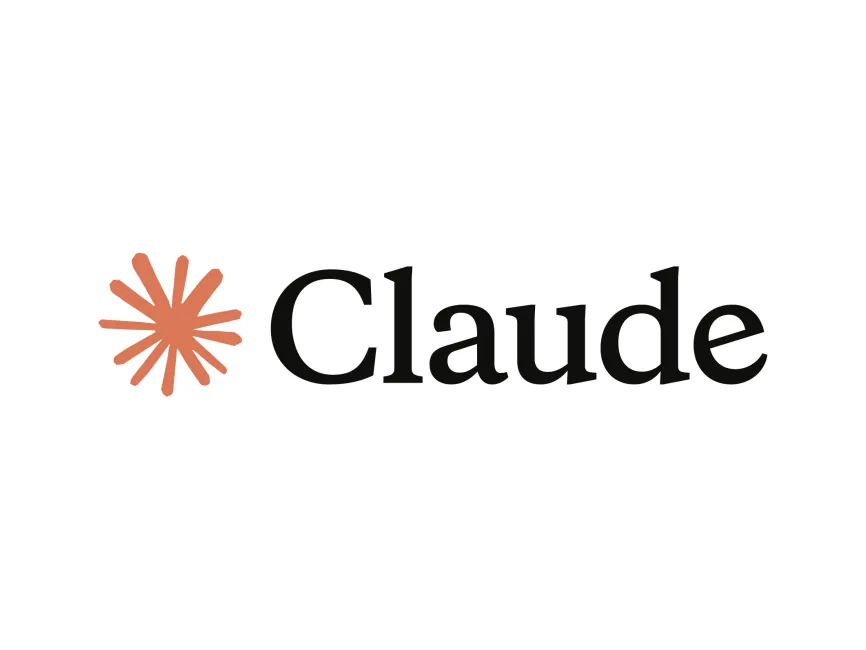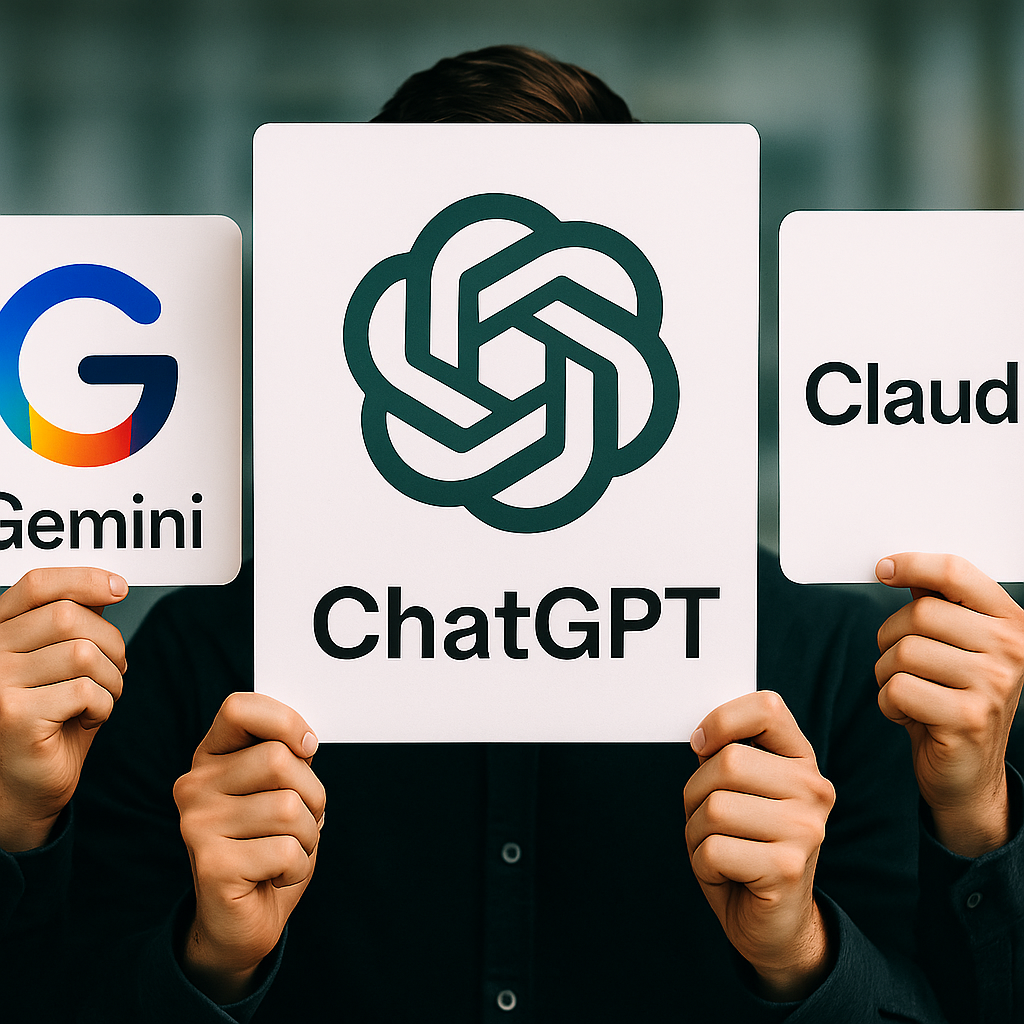1. Claude by Anthropic
Claude is built by Anthropic, a company founded by former OpenAI researchers. Claude offers a more cautious and instruction-following tone. It’s designed to be helpful and less prone to generating harmful content.
Claude is particularly good for users who want structured, longer conversations without the quirks of more open-ended models. It’s available through Anthropic’s web interface and integrated in some productivity tools.

2. Gemini by Google DeepMind
Gemini is Google’s large language model family. The current flagship version, Gemini 1.5, is built with a strong emphasis on context retention, speed, and integration with Google’s ecosystem.
It connects well with other Google tools like Docs, Gmail, and Search. Gemini also includes multimodal features—meaning it can handle images and code snippets alongside text. The experience feels familiar for anyone used to Google’s UI.
3. Claude AI (Slack Integration)
Another strong use case for Claude is how well it integrates with tools like Slack. Teams can ask questions directly in Slack without switching tabs or apps.
This alternative works well for businesses needing real-time, contextual help. It’s better at following organizational tone and etiquette guidelines. For project collaboration or team planning, Claude in Slack provides relevant responses in a familiar setting.

4. Perplexity AI
Perplexity is focused on answering questions with up-to-date citations. It combines a chatbot experience with live search, offering sources at the bottom of each answer. This makes it more trustworthy for those who want to check where the data came from.
It’s fast, responsive, and doesn’t try to sound overly conversational. For research, quick fact-checking, and news-related queries, Perplexity is one of the best ChatGPT alternatives around.

5. Mistral AI via Le Chat
Mistral’s Le Chat is a newer entrant that focuses on open-weight models. It supports multiple model types including Mixtral and Mistral-7B, both open-sourced for transparency and flexibility.
This makes it ideal for developers or researchers looking to deploy their own versions locally or via API. The chat interface is minimal, fast, and doesn’t include branding noise. It’s closer to a raw model playground than a polished consumer product.

Pricing and Availability
- Claude: Free plan available. Pro version is $20/month. Best for long-form reasoning and maintaining a professional tone.
- Gemini: Free (Gemini 1.5 Pro). Gemini Advanced is $19.99/month. Ideal for Google integration and productivity tasks.
- Claude in Slack: Limited free access. Custom pricing for enterprise. Suited for team collaboration within Slack.
- Perplexity AI: Free version available. Pro is $20/month. Strong option for research and citation-heavy queries.
- Mistral AI (Le Chat): Free to use. API pricing depends on usage. Great for developers and those building on open models.
Which One Should You Use?
The best ChatGPT alternative depends on what you want to do. If you care about reliable sources and citations, Perplexity is the clear winner. If you’re inside Google’s ecosystem, Gemini offers the best experience. For team workflows, Claude in Slack is a strong pick.
If you’re building your own tools or running local models, Mistral is worth exploring. And if you want a capable, thoughtful chatbot with a serious tone, Claude stands out.







